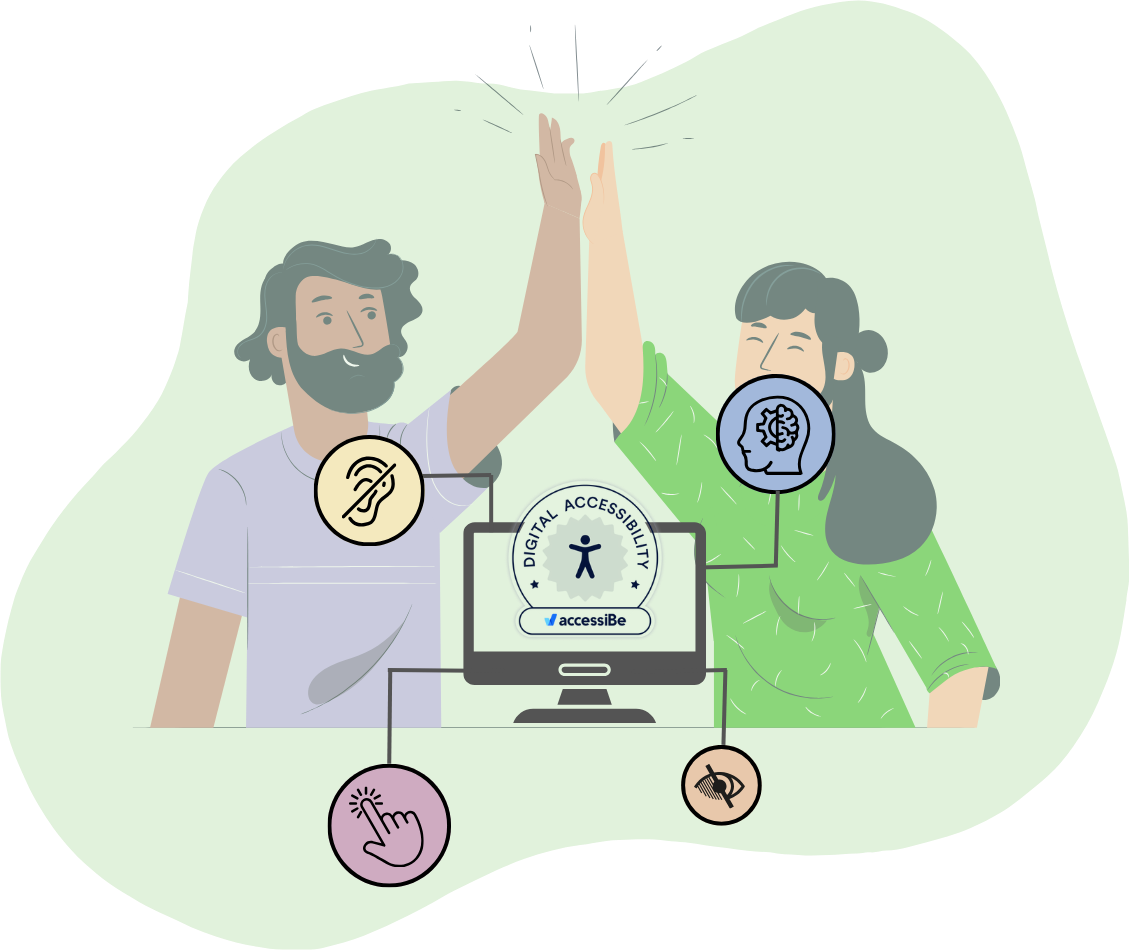 As you dig deeper into your organization's tech stack and data structure and do further analysis on whether or not HubSpot is right for your organization, there are some tough questions you need to ask and answer with your management and executive team.
As you dig deeper into your organization's tech stack and data structure and do further analysis on whether or not HubSpot is right for your organization, there are some tough questions you need to ask and answer with your management and executive team.
Understanding what features you need or how HubSpot can integrate with your existing tech stack is a critical first step to determining if HubSpot is right for your organization… but some of the questions you need to ask before you HubSpot aren’t always the most comfortable to answer. In order to carve a path to your goals, you have to unpack the extent of the obstacles standing in your way. And a lot of the time? The answers might require you to come to terms with where people, structures and processes may be holding you back.
In part 3 of our series of things to ask yourself before you buy HubSpot, we’re digging a bit deeper. (Be sure to check out Part 1 and Part 2)
What is holding you back from reaching your scaling goals?
This is probably the most difficult question to answer, because the answer is multi-faceted and not even a little bit simple. If you knew the answer to this, wouldn’t you have gotten there by now? Sometimes, what it takes to scale is bringing in someone that provides a better Birdseye view of your organization as a whole, your data and analytics and your goals. The answer to this question can be something as simple as the lack of capital, lack of people, lack of resources, lack of strategy, or lack of processes. It can be as complex as many of those things and more. What helps you determine where the weaknesses are inside your organization that are keeping you from your goals is a deep dive into which information is available to you.
Do you know which customers and clients have spent the most with you?
Creating customer profiles and strategies that resonate with the types of people that fit your ideal buyer are valuable - but how do you know which tactics are most effective for really reaching them and optimizing the value of that customer throughout their lifetime? How can you see the analytics that indicate trends towards attrition and stagnant sales if you don’t have dashboards and reports that show you when these things are happening in real time?
The map of the route to achieving your business goals is almost never linear. Getting a professional involved before you purchase HubSpot to make better sense of your data and organize it based on HubSpot’s capabilities is one of the best things you can do for unlocking your scalability as an organization.
What can be optimized on our sales process and pipeline?
Funneling in new business from sales means meeting your revenue goals, which means you have more resources to funnel into equipment, employees or whatever else you need to scale. So many of HubSpot’s tools actively optimize your sales process and offer clarity in your pipeline. Through your work with your consultant, HubSpot Partner or implementation specialist, you’ll dig into how the features available to you can help you better organize your CRM, marketing processes and sales reporting and give you more detailed information that you ever knew you needed about how to optimize your sales process and get clarity on exactly where you’re at from a goals perspective when it comes to the numbers you’re seeing inside your pipeline.
Taking time to dig in to where your sales numbers are at, what measurement, analytics and reporting capabilities you have and interviewing your sales and sales management staff to determine where deals are getting caught up or where they’re lacking clarity is critical prior to signing up for the HubSpot software. The more you understand about what’s holding you back and where you can improve, the more closely you can explore aspects of HubSpot tools and features that might get you there faster.
A HubSpot architect is by far your best resource for really planning out how you can use HubSpot to further your sales goals - but you need to do your homework before you make a commitment to HubSpot to ensure you’re choosing the best subscriptions based on your needs and configuring reports that make sense for you so you can avoid a HubSpot reporting configuration that isn’t helping you scale.
Related: Saving the most on HubSpot starts with a Technical Partner
Sometimes business can seem like a bit of a puzzle. You have a box full of pieces that when put together properly provide a very clear picture of something you’re looking to create.
What about your website?
Paying for a custom website redesign or migrating to HubSpot CMS isn’t always in the cards from a budget perspective, but it needs to be at some point. Odds are good that your marketing team may be unhappy with your website relative to where it could be with your messaging and marketing and are finding your website limited when it comes to features and capabilities. If you want HubSpot to really supercharge how your marketing teams get leads, a website redesign is a sometimes critical component of that success.
From mega menus to custom resource centers and smart content, your website is among the most critical elements of your success with HubSpot. While we 0/10 do NOT recommend that you purchase a HubSpot CMS theme from HubSpot’s marketplace (for real, don’t do it), we have recently developed some better and less expensive options for a customized HubSpot website that can executed inexpensively, so when you’re ready - just know that a HubSpot CMS website for under $10,000 is entirely possible and it won’t suck.
While it doesn’t have to be a Day 1 priority, you’ll want to, at a minimum, do a run through of your website with your marketing and sales team and really determine how you see HubSpot integrating and make a plan for an eventual conversion to HubSpot CMS when budget allows. WordPress just isn’t cutting it when it comes to organizations that have really big sales and marketing goals. That’s why we recently broke up with WordPress.
Related: It's time to leave WordPress for HubSpot CMS
Who will be responsible for onboarding your organization?
We’ve seen it far more frequently than we’d like. Organization’s with young and fresh talent that want to bring HubSpot on board only to sign up and leave the organization with chaos in their wake. HubSpot is a lifestyle and as a platform, it’s something that’s going to find itself deeply ingrained in your workflow and processes. You want to make sure that whoever is going through onboarding training is committed long term to your organization and learning the intricacies of all the software tools that will be available to you once you sign up.
It’s worthwhile for larger organizations to consider hiring a role (with a contract) that will act as a HubSpot administrator. This person is responsible for managing your HubSpot instance, including keeping your data records clean. While this might be a part time or fractional position to start, this is a critical role that is growing in popularity and can help organizations make the most of their HubSpot portal. They might be knowledgeable enough to go beyond basic record cleanup and offer active strategy. A HubSpot architect can sometimes take on HubSpot administrator roles inside your organization.
The important takeaway here is to assign someone that is committed to the long term success of the company to go through onboarding or implementation and really take ownership of the portal to keep it organized and help train (or work with a HubSpot Partner to train) other departments and contacts on how to properly use each feature.
Related: HubSpot Onboarding - HubSpot Setup vs HubSpot Implementation - What's the difference?
Hopefully with Part 1 and Part 2 you’ve gained some clarity on all the questions you need to ask before your purchase the HubSpot software. HubSpot is a platform that will empower your organization to really scale and get the intel that you’ve been seeking, *if* you configure and maintain it properly.
As part of a comprehensive strategy, HubSpot provides you the framework and foundation that you need to make the best business decisions possible.
By doing a little careful diligence to determine where you’re at and what your most important priorities are, you can better determine not just whether not HubSpot is a fit for your organization, but what aspects of HubSpot will be most beneficial for your organization. Take your time making this decision, get organized and consult a professional that has your best interest in mind and is willing to walk you through the process, explore all the pertinent details with you and make sure that you get started with everything you need in the right place.






